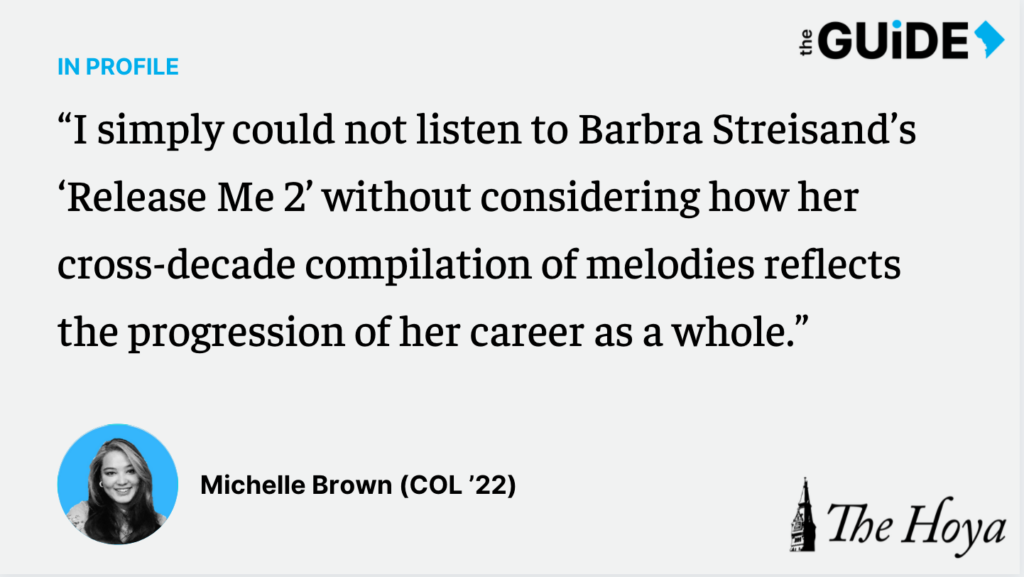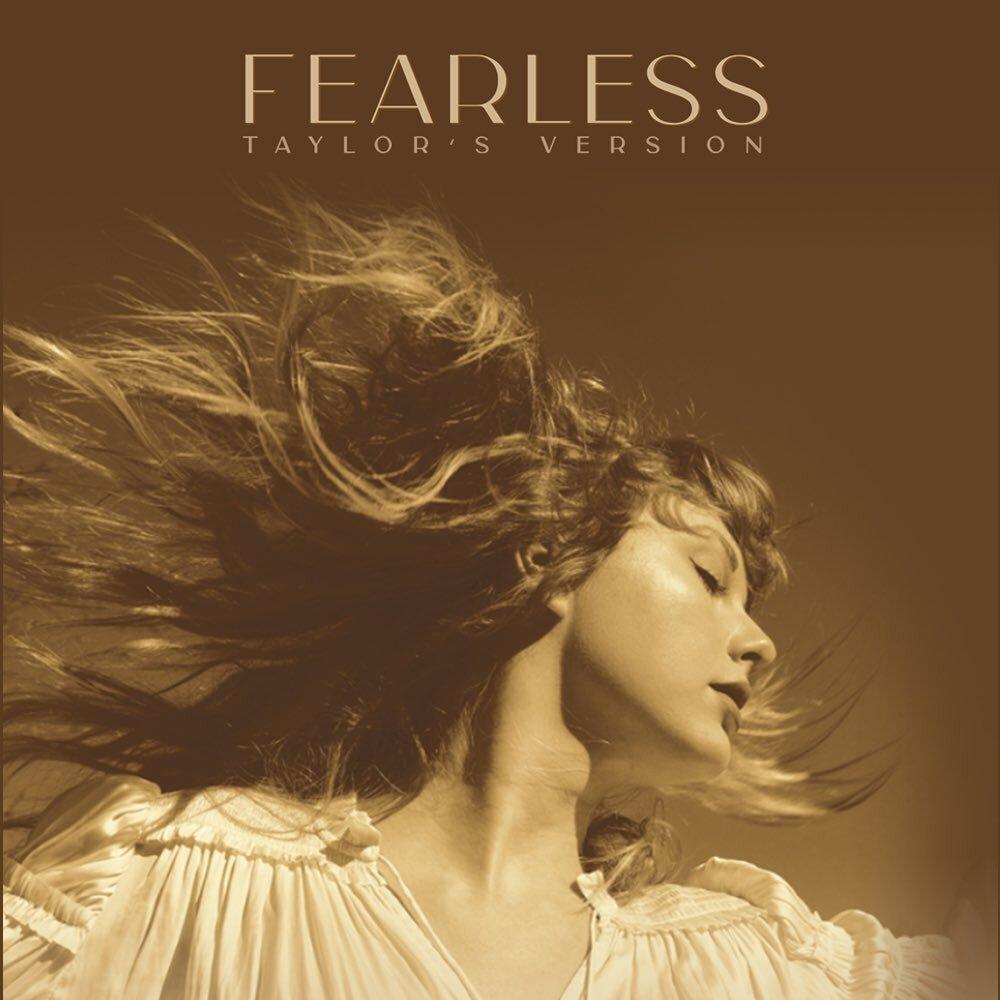★★★★★
Tame Impala’s Kevin Parker has time on his mind. His new album “The Slow Rush” could not be more aptly named, as it kept fans waiting for five years since the release of “Currents.” The album is strongly cohesive; as a whole, its parts work together in harmony to guide listeners through Parker’s analysis of time and how to spend it.
“The Slow Rush” may not be what longtime fans expected or hoped for, but it is bold, confident and honest. Parker’s view of the world has wandered away from longing on the world around him to focusing on the time he has to enjoy his newfound, happy life. His concern with the future enjoyment of his life and how quickly it could erode are evident throughout the 12 tracks of this album, but the monumental difference is that he sounds more hopeful than ever before.
The album opens with the track “One More Year,” which features Parker singing in a deep and warped voice. The loop switches between left and right outputs to produce a trippy listening experience. His fear of routine and monotony is inflicted on the listener when he sings “We’re on a rollercoaster stuck on its loop-de-loop / ‘Cause what we did, one day, on a whim / Has slowly become all we do.” The track has a dreamy quality, and the warped voice and adjoining bass persist throughout the song, which ends the way it started and creates a full circle.

The album peaks on “Posthumous Forgiveness,” arguably the most important song on this album and one of Parker’s masterpieces. The song is marked by a shift both lyrically and rhythmically; the track morphs from anger at his father to lament that Parker can’t hear his father’s voice sing along or see Parker’s success. Parker articulates his complicated and painful emotions in easy rhymes bolstered by the music. “Posthumous Forgiveness” is so raw, so human and so open it can only be met with admiration for its creation.
“Tomorrow’s Dust” lies in the middle of the album, and it is one of the songs that will become a fan favorite over time, due in large part to the similar notes it hits on from his past discography. The song builds up from bare beats and a gentle guitar riff to Parker crooning over it, and it slowly flows into a full Tame Impala track with his signature synths. “Tomorrow’s Dust” remains soft even with the laser sounds, and its soothing quality relates to its lyrics. “There’s no use trying to relate to that old song / And no use biding your time if the bell is tolled” is a warning not to wait for events that have already passed, and to not hold onto things that are no longer relevant. The focus is forward — tomorrow has already become today, an especially powerful message.
Listeners are anchored down from the flightiness of “Tomorrow’s Dust” with the heavy piano intro to “On Track,” a song in which Parker accepts that reaching his goals will not be a linear path. The sparkly electronic sounds over the bridge are ethereal and soothing, and Parker’s contentedness is captured in the lyrics: “I keep getting older, the rest gets easy.” Smooth and airy, this song should not be overlooked in an album full of bold artistic decisions and messaging.
“Lost in Yesterday” subverts the future focus of “Tomorrow’s Dust” to warn of the dangers of being caught up in memories. The synth goes in and out; the pre-chorus is simple and beautiful, and the overall sense of the song is a bit melancholic despite its upbeat melody, an interesting artistic dichotomy that Parker hits on with flying colors. Parker notes that not all memories need to be recalled, and in “Lost in Yesterday,” the only sadness is in letting go of things once held dear. To embrace that time will keep on moving and to live in the present is how one may avoid getting “Lost in Yesterday.”
The end of the album culminates in “One More Hour,” which creates a sense of continuity with the title of the first track, “One More Year.” The track is airy but grounded by powerful guitar riffs that provide an epic feel to Parker’s soft words. He sings that he never did any of his music for money, fame or her until now, so he has grown into his responsibilities and is hopeful for a happy future. Parker wants to retain his independence; he “wants to be the man I am” and “spend some time alone.” The instrumentals in this song are endearing and dreamy and promise nothing but Parker’s best effort. Soft yet confident, the final track of “The Slow Rush” lets the mind of the listener ride off into the metaphorical sunset.
Overall, “The Slow Rush” certainly has a stronger pop, electronic and funk influence than its predecessors. The sound of the album is not like his others, but Parker is not the sort of artist to repeat himself; the point of his music is to explore genres through his personal growth. Still, the signature elements of Parker’s style — beats, laser synths and his voice — are all there. The theme of time seems apt given his recent marriage, and his contentment is a happy development to hear. The listener can only hope that Parker can ride this high forever.



















